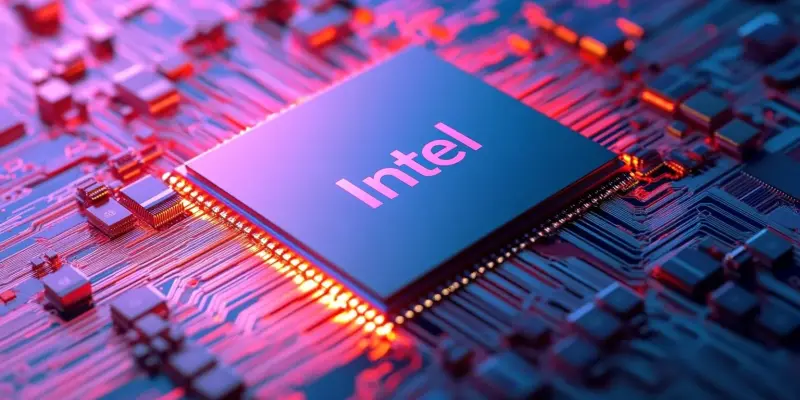In a groundbreaking move, Intel has revealed an impressive compensation package for its newly appointed CEO, Lip-Bu Tan, which totals an astounding $66 million. The decision comes at a critical time for Intel as it seeks to leverage Tan’s extensive experience in the tech industry to sustain its growth and reestablish its position at the forefront of semiconductor manufacturing. This comprehensive compensation package not only reflects Tan’s proven leadership skills but also Intel’s commitment to aligning executive rewards with the company’s long-term success, particularly as it faces increasing competition from major players like TSMC and Samsung.
Comprehensive Components of the Compensation Package
The detailed breakdown of Lip-Bu Tan’s $66 million compensation package is carefully structured to align his interests with the long-term performance and shareholder value of Intel. The package includes a base salary of $1 million and an annual bonus opportunity of up to $2 million. However, the most significant portion of Tan’s compensation derives from long-term equity awards and stock options, collectively valued at approximately $63 million. Among these components is a $14.4 million long-term equity grant, aimed at encouraging sustained performance.
Additionally, Tan will receive a performance grant worth $17 million, which will vest over five years, contingent upon Intel meeting specific performance targets. This grant structure ensures that Tan remains focused on achieving the company’s strategic objectives over an extended period. Furthermore, Tan’s compensation comprises $9.6 million in stock options, set to incentivize his decision-making in favor of long-term share price appreciation. A substantial new-hire option grant of $25 million signifies Intel’s confidence in Tan’s ability to drive the company forward. These elements collectively form a robust package designed to attract and retain top-tier talent in an increasingly competitive industry.
Strategic Implications and Industry Standards
Tan’s compensation package includes a performance-based component where he will earn performance shares only if Intel’s stock does not decline over the next three years, with the potential for additional shares should Intel outperform the market. This effectively ties the new CEO’s incentives directly to shareholder value, ensuring that Tan’s focus remains aligned with the interests of Intel’s investors. Moreover, Tan has agreed to purchase $25 million in Intel shares within his first month, further demonstrating his commitment to the company and its future performance.
The industry trend of aligning executive compensation with performance and equity growth underscores the significance of Tan’s package. While the sum might seem substantial, it is not unprecedented in the tech industry, particularly for CEOs of leading companies. Tan’s previous role as CEO of Cadence Design Systems showcased his capability to steer a tech giant successfully, a quality Intel hopes will translate into formidable leadership and innovative strategies. As such, Tan’s experience and expertise are seen as pivotal for Intel as it navigates ongoing challenges and aims for remarkable growth.
Intel’s Expectations and Future Prospects
In a groundbreaking development, Intel has unveiled an astounding compensation package worth $66 million for its newly appointed CEO, Lip-Bu Tan. This strategic decision arrives at a crucial juncture for Intel, which aims to capitalize on Tan’s vast experience in the tech sector to maintain its growth trajectory and reclaim its leadership in the semiconductor manufacturing arena. The extensive compensation clearly reflects Tan’s proven leadership abilities and underscores Intel’s dedication to aligning executive incentives with the company’s long-term objectives. This move is especially significant as the tech giant faces fierce competition from major industry players such as TSMC and Samsung. By investing in top-notch leadership, Intel demonstrates its commitment to innovation and sustained success in a highly competitive market. Tan’s appointment is seen as a pivotal step in fortifying Intel’s market position and driving future advancements in semiconductor technology.

